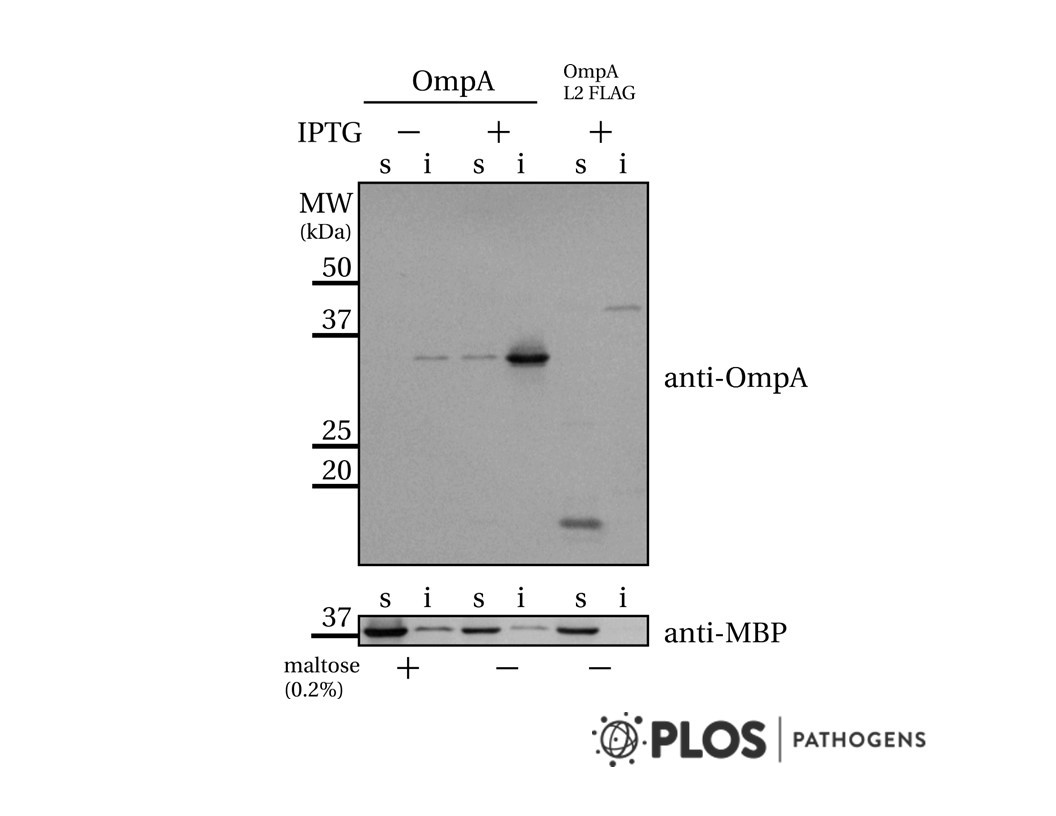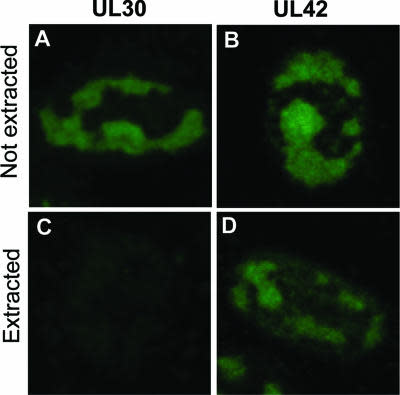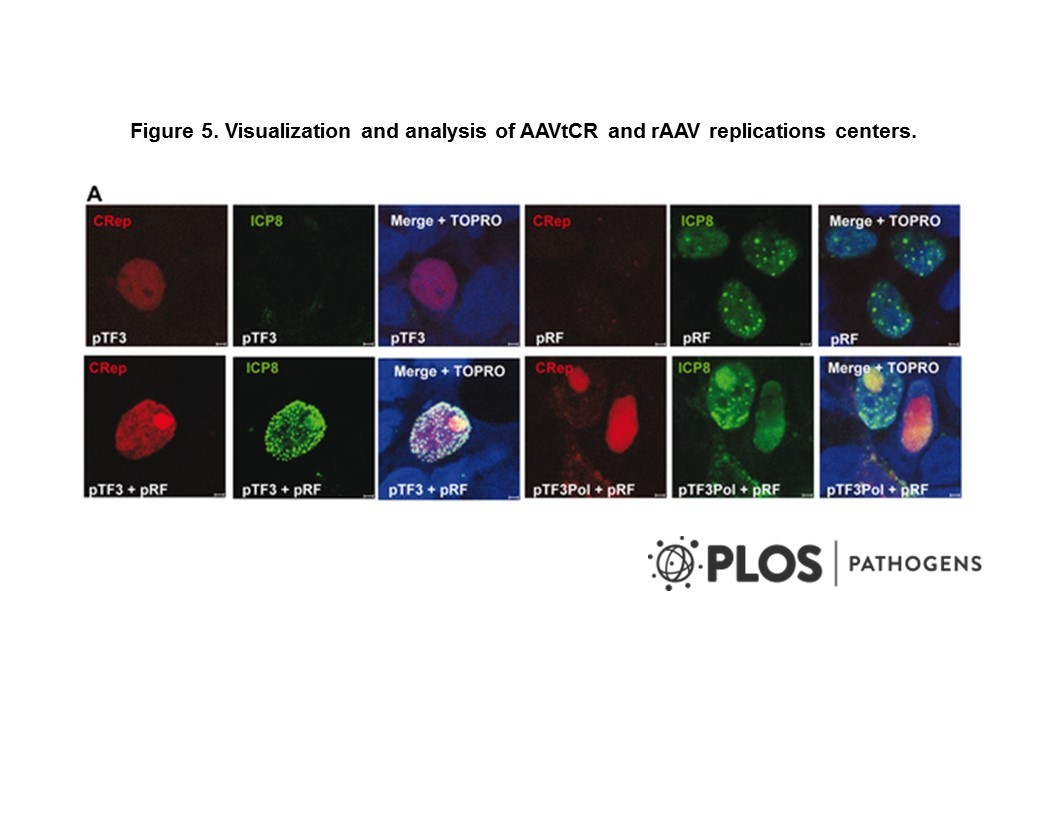Cat. #151118
Anti-MCSP [LHM 2]
Cat. #: 151118
Sub-type: Primary antibody
Unit size: 100 ug
Availability: 1-2 weeks
Target: Melanoma associated Chondroitin Sulphate Proteoglycan (MCSP or NG2)
Class: Monoclonal
Application: IHC ; FACS ; IHC ; IF ; IP ; WB ; ICC
Reactivity: Human
Host: Mouse
£300.00
This fee is applicable only for non-profit organisations. If you are a for-profit organisation or a researcher working on commercially-sponsored academic research, you will need to contact our licensing team for a commercial use license.
Contributor
Inventor: Nick Tidman
Institute: Queen Mary University of London
Tool Details
*FOR RESEARCH USE ONLY
- Name: Anti-MCSP [LHM 2]
- Research fields: Cell biology;Cancer;Neurobiology
- Clone: LHM 2
- Tool sub type: Primary antibody
- Class: Monoclonal
- Conjugation: Unconjugated
- Molecular weight: 240 kDa
- Reactivity: Human
- Host: Mouse
- Application: IHC ; FACS ; IHC ; IF ; IP ; WB ; ICC
- Description: Monoclonal antibody against MCSP melanoma marker.
- Immunogen: A 375P cells crude extract.
- Immunogen uniprot id: Q6UVK1
- Isotype: IgG1 kappa
- Myeloma used: NS0
Target Details
- Target: Melanoma associated Chondroitin Sulphate Proteoglycan (MCSP or NG2)
- Molecular weight: 240 kDa
- Target background: MCSP is a chondroitin surface proteoglycan, involved in stabilizing cell-substratum interactions during early events of cell spreading. MCSP is an integral membrane chondroitin sulphate proteoglycan expressed by human malignant melanoma cells. Anti-MCSP (LHM2) antibody is a very good marker for melanoma (>90% stained). LHM2 also stains basal cell carcinomas and subpopulation of basal keratinocytes. LHM2 can be used as a diagnostic panel for immunopathology of malignant melanoma and potential candidates for immunoimaging and immunotherapy of disseminated melanoma. Potential applications of the LHM2 antibody include use for separation/isolation of epidermal stem cells, detection of stem cells in skin biopsies or epithelial cell cultures and optimisation of culture conditions to retain epidermal stem cell population in in vitro cultures.
Applications
- Application: IHC ; FACS ; IHC ; IF ; IP ; WB ; ICC
Handling
- Format: Liquid
- Concentration: 1 mg/ml
- Unit size: 100 ug
- Storage buffer: PBS with 0.02% azide
- Storage conditions: Store at -20° C frozen. Avoid repeated freeze / thaw cycles
- Shipping conditions: Shipping at 4° C
References
- Li et al. 2019. Theranostics. 9(17):5105-5121. PMID: 31410204.
- Arrigoni et al. 2016. Adv Healthc Mater. 5(13):1617-26. PMID: 27191352.
- Loibl et al. 2014. Biomed Res Int. 2014:395781. PMID: 24563864.
- Somaiah et al. 2012. Clin Cancer Res. 18(19):5479-88. PMID: 22855580.
- Somaiah et al. 2012. Clin Cancer Res. 18(19):5479-88. PMID: 22855580.
- The relationship between homologous recombination repair and the sensitivity of human epidermis to the size of daily doses over a 5-week course of breast radiotherapy.
- Kinney et al. 2012. Ann Neurol. 71(3):397-406. PMID: 22451205.
- Pierce et al. 2011. Aging Cell. 10(6):1032-7. PMID: 21943306.
- Ghali et al. 2004. J Invest Dermatol. 122(2):433-42. PMID: 15009727.
- Epidermal and hair follicle progenitor cells express melanoma-associated chondroitin sulfate proteoglycan core protein.
- Kupsch et al. 1999. Clin Cancer Res. 5(4):925-31. PMID: 10213230.
- Isolation of human tumor-specific antibodies by selection of an antibody phage library on melanoma cells.
- Kupsch et al. 1995. Melanoma Res. 5(6):403-11. PMID: 8589614.
- Generation and selection of monoclonal antibodies, single-chain Fv and antibody fusion phage specific for human melanoma-associated antigens.






